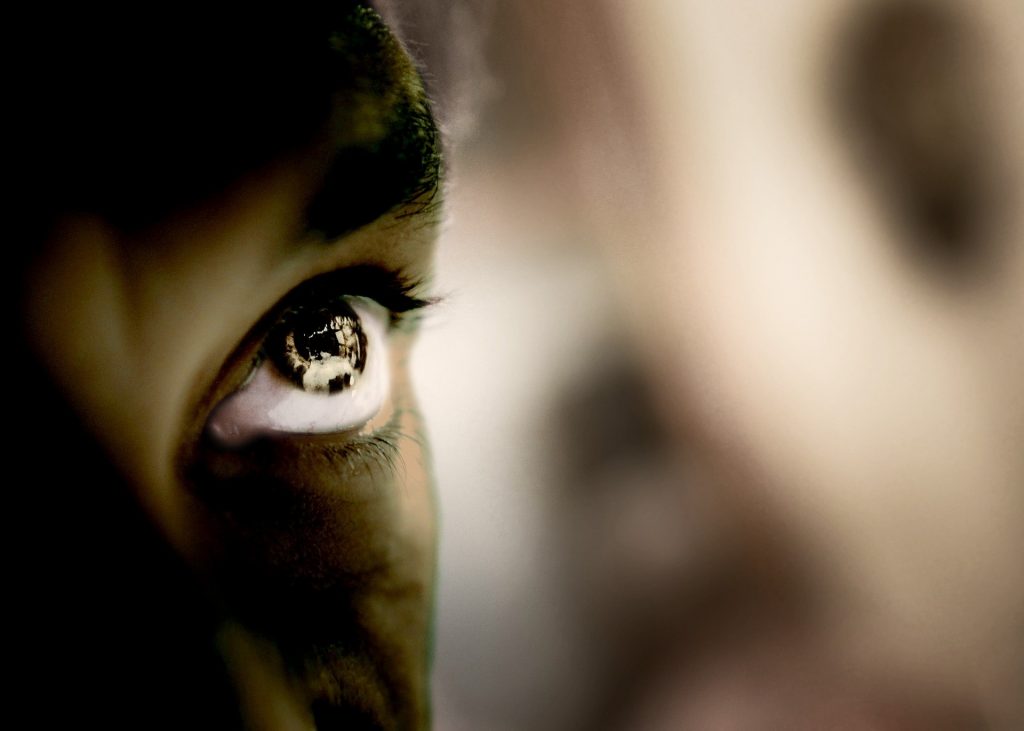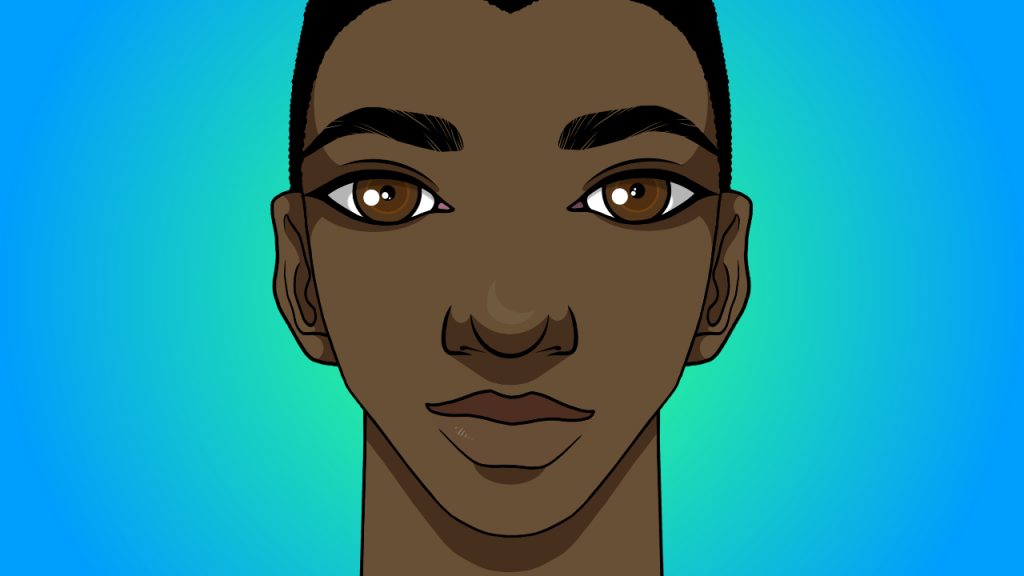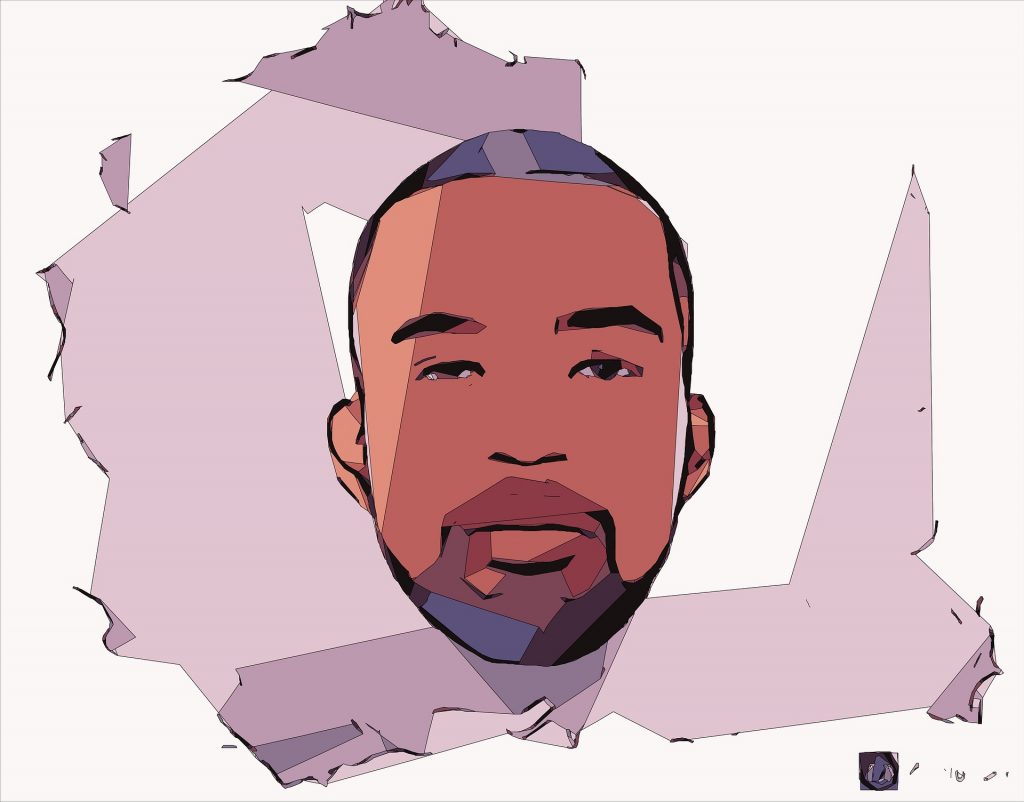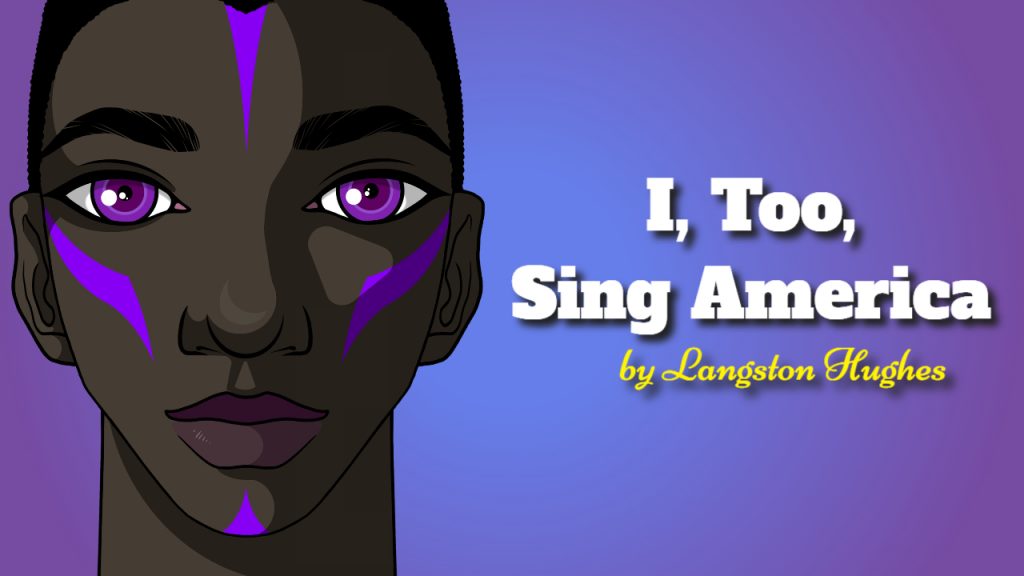I, Too, Sing America
by Langston Hughes
In 1925, the poem “I, Too,” sometimes known as “I, Too, Sing America,” was published for the first time. When it appeared in 1925’s collection of poems The Weary Blues by Langston Hughes, it was also known as the “Epilogue.” The poem by Hughes is a great illustration of how black people view the United States. The poet implies that all African Americans believe they are subjected to unfair treatment due to their colour of skin. Like each white person who tries to brush him off, the poet makes it abundantly apparent that he is an American. He claims that African Americans have also made an equal contribution to shaping America. The poem serves as a sort of protest against the Jim Crow laws of the South, which required black and white people to avoid each other in practically all public settings. After the Civil War, it persisted for roughly 100 years until 1968. In the poem “I, too,” Hughes asserts that he is still a significant contributor to America. The poem imagines a society in which black and white people are treated equally. Now, lets read the poem first-
I, Too, Sing America
I am the darker brother.
They send me to eat in the kitchen
When company comes,
But I laugh,
And eat well,
And grow strong.
Tomorrow,
I’ll be at the table
When company comes.
Nobody’ll dare
Say to me|
“Eat in the kitchen,”|
Then.
Besides,
They’ll see how beautiful I am
And be ashamed-
I, too, am America.
Langston Hughes

Hughes himself or any other Black person might be the poem’s speaker. The poem, in a manner, is about both the author and the life in general. The speaker declares out that he is an American as well. He shares his pride in America. His name, according to him, means “darker brother.” When there are visitors over, he dislikes that he can’t dine with the rest of the family. To go dine in the kitchen, he is instructed. Most Black folks would experience treatment like this in White houses. But for the time being, the speaker is unconcerned. He enters the kitchen after laughing. He maintains a healthy diet to be stronger.
The speaker then discusses potential future events. He envisions himself joining the other White people at the table someday. Nobody will “dare” send him to the kitchen there. They’ll invite him to supper instead. He concludes by making a derogatory statement about how racist people are. He predicts that someday the Whites would recognise his talent, intelligence, and character. They will also regret how they mistreated people with dark skin at the same time. The fact that both white people and black people established America is reiterated in the final line.

An African American man who lives alone in the Jim Crow South is the narrator of the poem. He might be a free man or a slave. In a White family, he might also serve as a servant. The bit about having to eat in the kitchen instead of at the table alludes to a widespread practice in the early 20th century of keeping people of various races apart. Because of this, almost every aspect of their life was challenging. They were required to live, work, eat, and travel independently of White people. They had few civil or legal rights and frequently suffered harm at the hands of others.
Walt Whitman, who Hughes admired, comes to mind when we hear the poem’s title. Whitman wrote a poem with the title “I Hear America Singing.” Because Whitman’s poem doesn’t mention black people much, many critics believe Hughes’ poem is a rejoinder. The speaker wants to make it clear that he is also an American and that his love of his country and patriotism are unaffected by the colour of his skin.

The poet alludes to Black people as “the darker brother” in a metaphorical sense. This is due to the common history of all Americans. However, Black people didn’t enjoy the same level of freedom as White people. They were unable to utilise the same public facilities. Black household employees who served White families had to eat in the kitchen. The speaker claims that he is not depressed by this. He gains strength by laughing and eating in the kitchen. The speaker’s response demonstrates that black people were accepting life as it came while yet growing more powerful as a community. This power grew into the Civil Rights Movements of the 1950s.
Black folks are invited to eat with everyone else in the poet’s idyllic vision of the United States. African Americans are a powerful ethnic group and will soon express their opinions, so the word “dare” is a warning. They won’t put up with any more degeneration once they are strong.
In the fourth stanza, the speaker asserts that a Blackman’s attractiveness also depends on how intelligent, considerate, and engaging he is. He can overcome his circumstances if he has the freedom and equal rights. White folks will feel horrible about how they treated Black people because of this.
The speaker’s nationality is made abundantly obvious in the final line. Hughes demonstrates how Black people are just as significant to American society as White people. I, too, am America, the poet declares using metaphor.

